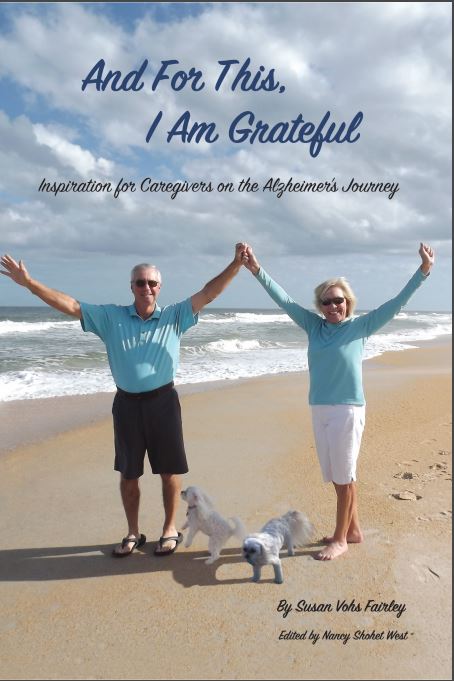In some ways, it’s not surprising at all. To start with the most obvious point, there’s a significant demographic overlap in our clientele. I work almost exclusively with seniors in their seventies, eighties and nineties; though both my personal organizer friends have clients of all ages, they frequently work with seniors in the process of selling homes and downsizing.
But in that same commonality lies an interesting difference, which Laura pointed out to me recently. Seniors who commission me to help tell their story through self-published memoirs are often at a peaceful, contented place in their lives, one in which they feel happy to be recounting their histories, or are feeling flattered that this is something their children urged them to do, or are excited at the thought of creating this unique gift for their families, or simply find it gratifying to have someone – me – visiting with them regularly for the sole purpose of hearing about their lives.
For Laura, on the other hand, clients this age are often at a bit of a crisis point. Often people don’t hire personal organizers or move managers until they believe they have a problem they need to solve. They feel pressured to clear out and sell their home, or they are anxious about the constrictions of moving into a much smaller space. Unlike me, she is more likely to meet them at a high-stress time in their lives than a reflective one.
But in the best-case scenario, our work overlaps at a point of symbiosis. Decluttering is difficult for all kinds of people; particularly so for seniors, because for them it’s often less about sorting through paperwork or ridding one’s closet of outdated fashions than it is about getting rid of a lifetime of keepsakes: treasured objects that no one else really seems to want or value.
But sometimes, where Laura and Wendy leave off is right where I pick up. Seniors who move to condos or assisted living centers or in-law apartments in their children’s homes can’t bring all their treasures with them, but they can bring their memories. So sometimes, the goal of memoir writing becomes to turn material treasures into written reminiscences.
Mostly, this works in symbolic ways. Clients tell me the stories of their past and then find that with all the details recorded on the written page, it isn’t so important to them to have the tangible items anymore. Chapters about travel replace the need for souvenirs from around the world. A description of the meals a long-gone mother used to cook makes it easier to dispense of old, seldom-used but sentimentally valued cookbooks. A narrative about the writer’s wedding day can free her up to finally hand the crumbling lace wedding veil over to a granddaughter who will repurpose it for a crafts project.
But sometimes we do this in tangible ways: what Laura has dubbed “memoirs of stuff,” almost like an art catalogue from a gallery, in which a client describes in meticulous detail the history and provenance of a number of favorite possessions or pieces of art, and then feels finally comfortable giving away or selling those possessions because she has the book explaining each object’s importance.
I was surprised, a year or so ago, when a client whom I’d met with several times in her elegantly appointed but very large and mostly uninhabited home emailed me the week after her memoir was published to tell me she had decided to sell the home. She had never mentioned this possibility while we were working on her book. And when she told me, she didn’t overtly draw any connection between finishing her memoir and taking the enormous but potentially rewarding step of giving up her home for someplace smaller, easier to maneuver around and closer to family. But I sensed a connection anyway. She’d told me so much about her home, and all of it was included in her memoir: now she could comfortably leave it behind.
The timing isn’t always right for my organizer friends and me to try to share clients. My memoir clients aren’t necessarily quite ready to think about moving. And the organizers’ downsizing clients may be too preoccupied with the logistics of moving to invest time in the more meditative process of telling me their story. But the overlap exists nonetheless. Telling stories can release our need for material objects, and the stories live on for as long as we want them to – without requiring anything more than an inch or two of shelf space in a bookcase.

 RSS Feed
RSS Feed